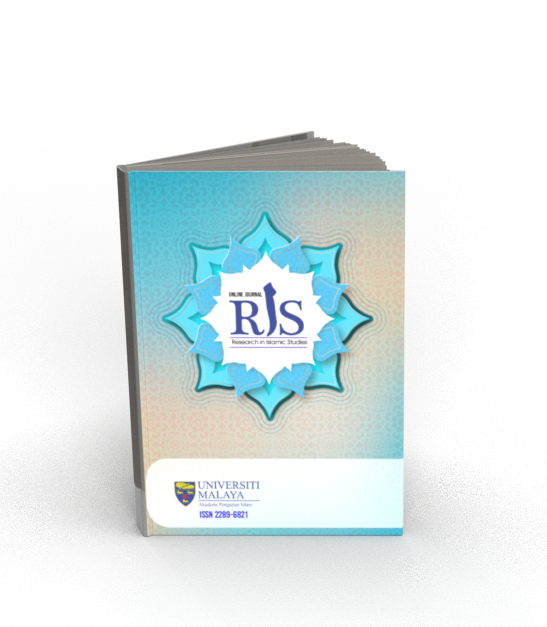Main Article Content
Abstract
This article aims to carry out the execution of the confrontation between the understanding of philosophy, religion and science. By using library research, this study shows that the confrontation between philosophy, science and religion has a distinction that can be contested. First, philosophy is considered something that is very free because it thinks without limits. Contrary to religion which is based on revelation/inspiration from a substance that is considered God. While science is a device method to seek the truth. Everything that comes from God, in a religious perspective is a truth that cannot be rejected. Second, between philosophy and science, both do not have a central figure, unlike religion which centralizes God. Third, continuity between philosophy and science is generally used as a tool to sharpen understanding of religion, so that the truth about religion becomes stronger. This finding proves that the confrontation which states that philosophy, science, and religion are opposites can be rejected because science as a child of philosophy is a tool used by religious thinkers in understanding the meaning of revelation. This article recommends that future studies can strengthen the argument that philosophy, science, and religion should go hand in hand in discovering the essence of truth and wisdom.
Keywords
Article Details
Copyright (c) 2023 Online Journal of Research in Islamic Studies

This work is licensed under a Creative Commons Attribution-NonCommercial-ShareAlike 4.0 International License.
Copyright Notice
By submitting manuscripts to the Online Journal of Research in Islamic Studies (RIS), authors agree to transfer copyright to the journal. However, authors may republish their work or grant others permission to republish it; in which case it should be accompanied by a proper acknowledgment that the work was originally published in the Online Journal of Research in Islamic Studies (RIS). The journal adopt CC-BY-NC licence which authors may also share and distribute their article anywhere of non-commercial website, social media and repositories immediately on publication.
Authors may also reuse the Abstract and Citation information (e.g. Title, Author name, Publication dates) of their article anywhere at any time including social media such as Facebook, blogs and Twitter, providing that where possible a link is included back to the article on the journal site.
